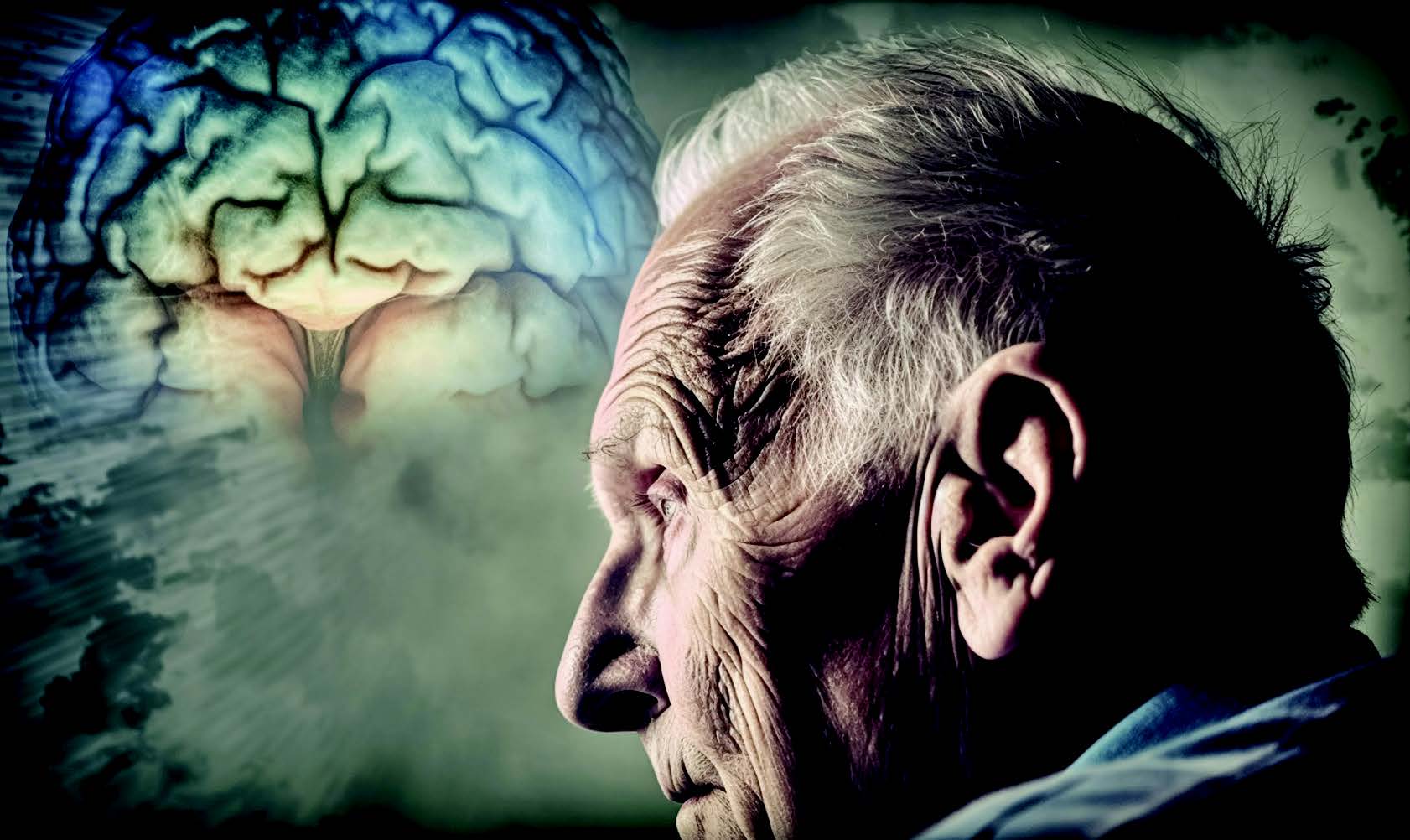In response to our recent article on dementia and Alzheimer’s disease, we received numerous inquiries about another condition known as Parkinson’s Disease. It appears there are several misconceptions surrounding this disorder. To address these, it’s important to enhance our understanding of Parkinson’s Disease and clarify any confusion.
What is Parkinson’s Disease?
- Answer: Parkinson’s Disease (PD) is a progressive neurological disorder that primarily affects movement. It develops gradually, often starting with a barely noticeable tremor in just one hand. Over time, it can lead to stiffness or slowing of movement. The exact cause of Parkinson’s Disease isn’t known, but it involves the degeneration of nerve cells in a part of the brain called the substantia nigra. These cells produce dopamine, a chemical that sends messages to the part of the brain that controls movement and coordination.
What are the main symptoms of Parkinson’s Disease?
- Answer: Symptoms: Parkinson’s disease primarily manifests as a movement disorder. Common symptoms include:
- Resting tremors (usually affecting the arms, legs, or jaw)
- Slowness and stiffness of movement
- Trouble with balance
- Quiet, rapid speech
- Stiff arm and leg movements
- Expressionless face
- Diminished emotions or emotional expressions
- Depression
- Constipation
- Cognitive impairment
- Dementia (in late stages)
- Hallucinations
How is Parkinson’s Disease diagnosed?
- Answer: There is no specific test for Parkinson’s Disease, so the diagnosis is based primarily on medical history and a neurological examination. Doctors may order brain scans or other tests to rule out other conditions that could be causing the symptoms.
Who is at risk for developing Parkinson’s Disease?
- Answer: Risk factors include age (most commonly affects people over 60), heredity (having a close relative with the disease may increase the risk), sex (men are more likely to develop Parkinson’s than women), and exposure to certain environmental factors such as pesticides and herbicides.
Can Parkinson’s Disease be cured?
- Answer: Currently, there is no cure for Parkinson’s Disease, but various treatments can help control the symptoms. These include medications that increase or substitute for dopamine, such as levodopa-carbidopa, and other drugs that affect other neurotransmitters in the brain to reduce symptoms.
What treatments are available for Parkinson’s Disease?
- Answer: Treatments include medication, physical therapy, lifestyle changes (such as increased exercise and healthy diet), and surgical options like deep brain stimulation for advanced cases. The treatment plan depends on the individual’s specific symptoms and overall health.
What is the progression of Parkinson’s Disease like?
- Answer: The progression can vary from person to person. Some may experience only minor impairment, while others develop more severe disability over time. The speed at which the disease progresses can vary widely among individuals.
How does Parkinson’s Disease affect daily life?
- Answer: In its early stages, Parkinson’s may have little impact on one’s life. However, as the disease progresses, it can significantly interfere with daily activities. Simple tasks like getting dressed, eating, and walking can become challenging. Support from health professionals, family, and Parkinson’s support groups can be crucial in managing the disease.
Are there ways to prevent Parkinson’s Disease?
- Answer: Currently, there are no proven preventive measures for Parkinson’s Disease. However, some studies suggest that regular aerobic exercise might reduce the risk of developing Parkinson’s, and caffeine might also offer some protective effects.
What research is being done on Parkinson’s Disease?
- Answer: Research is ongoing in many areas, including finding new treatments to manage symptoms more effectively and ultimately to find a cure. Scientists are also investigating genetic factors and how environmental exposures interact with genes to affect disease risk.
Does Parkinson’s Disease (PD) cause cognitive impairment?
- Answer: Yes, cognitive impairment is common in Parkinson’s Disease, particularly in the later stages of the disease. Symptoms can include difficulties with memory, attention, problem-solving, and executive function. In some cases, Parkinson’s Disease dementia (PDD) may develop, which is characterized by more severe cognitive decline.
How many people may have both Parkinson’s Disease and Alzheimer’s Disease (AD)?
- Answer: It is estimated that up to 50% of people with Parkinson’s Disease may also develop some forms of dementia and Alzheimer’s Disease over time. The coexistence of both conditions can complicate diagnosis and treatment, as symptoms may overlap and interact in complex ways. Alzheimer’s disease causes dementia slowly over time, while the dementia of Parkinson’s disease often develops more quickly and dramatically.
What are the risk factors for developing Parkinson’s Disease dementia (PDD)?
- Answer: Risk factors for PDD include older age, longer duration of Parkinson’s Disease, more severe motor symptoms, and the presence of certain genetic factors. Additionally, individuals with Parkinson’s Disease who experience hallucinations or other psychotic symptoms may be at higher risk of developing dementia.
How is Parkinson’s Disease dementia (PDD) different from Alzheimer’s Disease (AD)?
- Answer: While both PDD and AD are forms of dementia, they have distinct clinical features and underlying pathology. PDD is characterized by motor symptoms typical of Parkinson’s Disease, such as tremor and bradykinesia, along with cognitive impairment. AD, on the other hand, primarily affects memory and other cognitive functions, without the prominent motor symptoms seen in Parkinson’s Disease.
What are the challenges in diagnosing and treating Parkinson’s Disease dementia (PDD)?
- Answer: Diagnosing PDD can be challenging due to the overlap of symptoms with Parkinson’s Disease and other types of dementia. Treatment options for PDD are limited, and existing medications for Parkinson’s Disease may have limited effectiveness in managing cognitive symptoms. Research is ongoing to develop better diagnostic tools and more targeted treatments for PDD.
What can caregivers do to support individuals with Parkinson’s Disease dementia (PDD)?
- Answer: Caregivers play a crucial role in supporting individuals with PDD by providing emotional support, assisting with daily activities, and ensuring access to appropriate medical care. It’s essential for caregivers to educate themselves about the symptoms and progression of PDD, seek support from healthcare professionals and support groups, and practice self-care to prevent caregiver burnout.
Dr Zubair Saleem is a Senior Geriatric Consultant and Gerontologist







